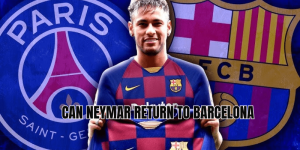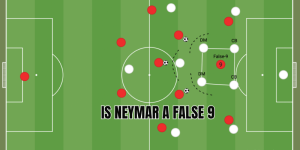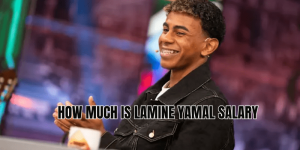In the quiet moments of twilight, legends begin plotting their next act. Will Iniesta become a manager isn’t merely a speculative headline—it’s a question drenched in expectation, legacy, and possibility. As Andrés Iniesta hangs up his boots, the world wonders: will the maestro of midfield morph into a master of tactics? In this article, KorKick will accompany you to explore the signs, hurdles, ambitions, and likelihood of Iniesta stepping into the dugout in the years ahead.
The seeds of ambition: early steps after retirement
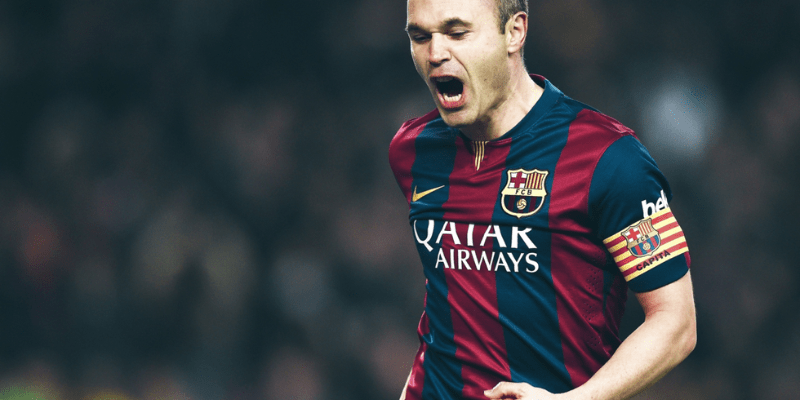
When a player of Iniesta’s stature steps away, the whispers of a managerial career follow almost naturally. In October 2024, soon after announcing his retirement, Iniesta wasted little time: he enrolled in a coaching course through the UAE football association. This early move signaled that his interest is not just rhetorical—but grounded in concrete preparation.
Not content to remain passive, he also began acquiring coaching badges, expressing his desire to learn “everything that football involves.” He described coaching as “his next dream” and underlined his commitment to this new path. These steps are consistent with many great players transitioning into management: gradual learning, humility, and a willingness to begin.
A different vantage: co-ownership and club involvement
One of the most striking developments since Iniesta’s retirement is his investment in Danish side Helsingør. He became co-owner of the club, participating in its sporting direction while absorbing the business and structural side of football operations. This role offers a rare perspective: it allows Iniesta to see what happens off the pitch—the pressures, the institutional decisions, the youth pipeline, and club governance.
That exposure could act as a bridge. Many managers benefit. Iniesta’s involvement in Helsingør suggests he’s building his footballing environment, not just waiting for an opportunity.
What would his managerial style look like?
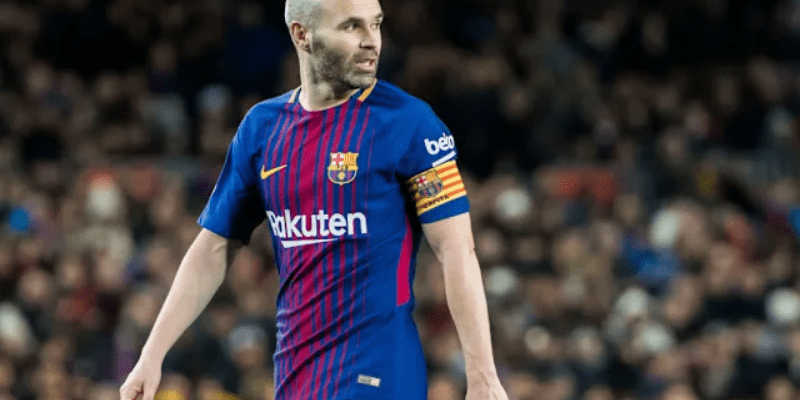
To imagine Iniesta as a manager, we must look back at his influences and principles:
- Influences from his coaches: Over his career, Iniesta played under illustrious names—Pep Guardiola, Louis van Gaal, and Vicente del Bosque among them. The tactical discipline under Guardiola, the calm leadership under Del Bosque, and Van Gaal’s structure could all feed into his future philosophy.
- Leadership by example: Even today, he has spoken about “teaching by example more than words,” a hallmark of a mentor who leads through daily habits rather than harsh speeches.
- Technical, possession-based play: Considering his playing style, it’s likely Iniesta would favor a possession-oriented, positional play system—perhaps a relaxed but intelligent pressing approach that values spatial awareness.
Yet, there are unknowns: How would he manage egos? How would he respond under pressure? Would he adapt to tactical trends like vertical transitions, inverted fullbacks, or data-driven adjustments? The theoretic style looks beautiful; the real conflict is in execution and management under adversity.
Challenges he must overcome
Even if the desire is real, a dozen obstacles stand in the way of turning ambition into actual success:
- Lack of head-coach experience
- Today, Iniesta has not held a senior managerial role. He must prove himself in lower divisions, youth systems, or as an assistant. Without this track record, top clubs are unlikely to entrust him with full control.
High expectations and pressure
- As a Barcelona legend and global icon, expectations will be sky-high. Any early failure may bring shar. Transition from peer to authority
- Leading players, some older or more experienced, will demand empathy and authority. Iniesta will need to balance respect and discipline—a tricky shift for ex-stars.
- Tactical evolution and adaptation
- Football evolves fast. He will have to absorb modern analytics, youth integration, set-piece strategies, and flexible formations—a learning curve even for experienced coaches.
- Timing and patience
- He’s spoken about not rushing the process. Building credibility, getting the right opportunity, and waiting for an ideal moment are all part of the game. Too early a jump may backfire.
Pathways: where he might start
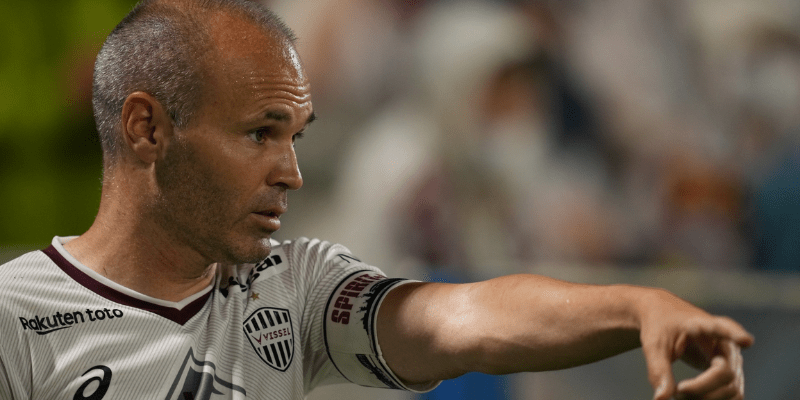
If Iniesta is to become a manager, here are plausible entry points to consider:
- Youth academy or reserve team at Barça
- Returning to La Masia, initiating his career with Barcelona’s youth or B side would be natural. He’d grow in the environment he knows best.
- Assistant role under veteran manager
- Partnering with an established coach gives exposure without full responsibility, helping build reputation and experience.
- Lower-tier European club
- A smaller club in Spain, Denmark, or elsewhere might hire him for his name but also allow a learning environment with less margin for error.
- Project role at Helsingør
- Given his stake in the Danish club, a coaching or advisory role there could be a logical testing ground.
What Iniesta himself has said
Crucially, Iniesta has been measured in public statements. He acknowledges that many expect him to be Barça’s manager one day, but he insists he’s not thinking about that now. The responsibility is huge, and he emphasizes that he hasn’t yet taken even the first class in coaching. For now, his priority is growth, knowledge, and letting time decide.
He has also affirmed his love for Barcelona and said he would be delighted to return to Camp Nou in some capacity—though he insists he’s not forcing timelines. His humility and patience suggest he knows the journey will require patience.
The verdict: strong possibility, but not certainty
So, will Iniesta become a manager? The answer leans toward yes—but with conditions. He has laid the groundwork: coaching courses, club investment, public ambition. His reputation gives him a strong platform. But success will require more than past glory: hard work, resilience, adaptability, and results.
It may take years before he leads a senior side, especially at elite level. But if he continues to learn, choose wisely, and guard against hubris, he has as much chance as any former great to thrive on the sidelines.
Final Thoughts
Will Iniesta become a manager is no longer just a hypothetical—it’s a likely future if he takes the right path. The first steps are already in motion: coaching courses, club involvement, and humility in public discourse. But the road ahead is long, and legendary status as a player doesn’t guarantee managerial success.
If you want to follow every twist in what may become Iniesta’s coaching saga—youth appointments, tactical philosophy, results and criticism—KorKick will be your go-to source. Stay tuned, share your thoughts below: do you think Andrés Iniesta will one day manage Barcelona, or is there a better fit?

